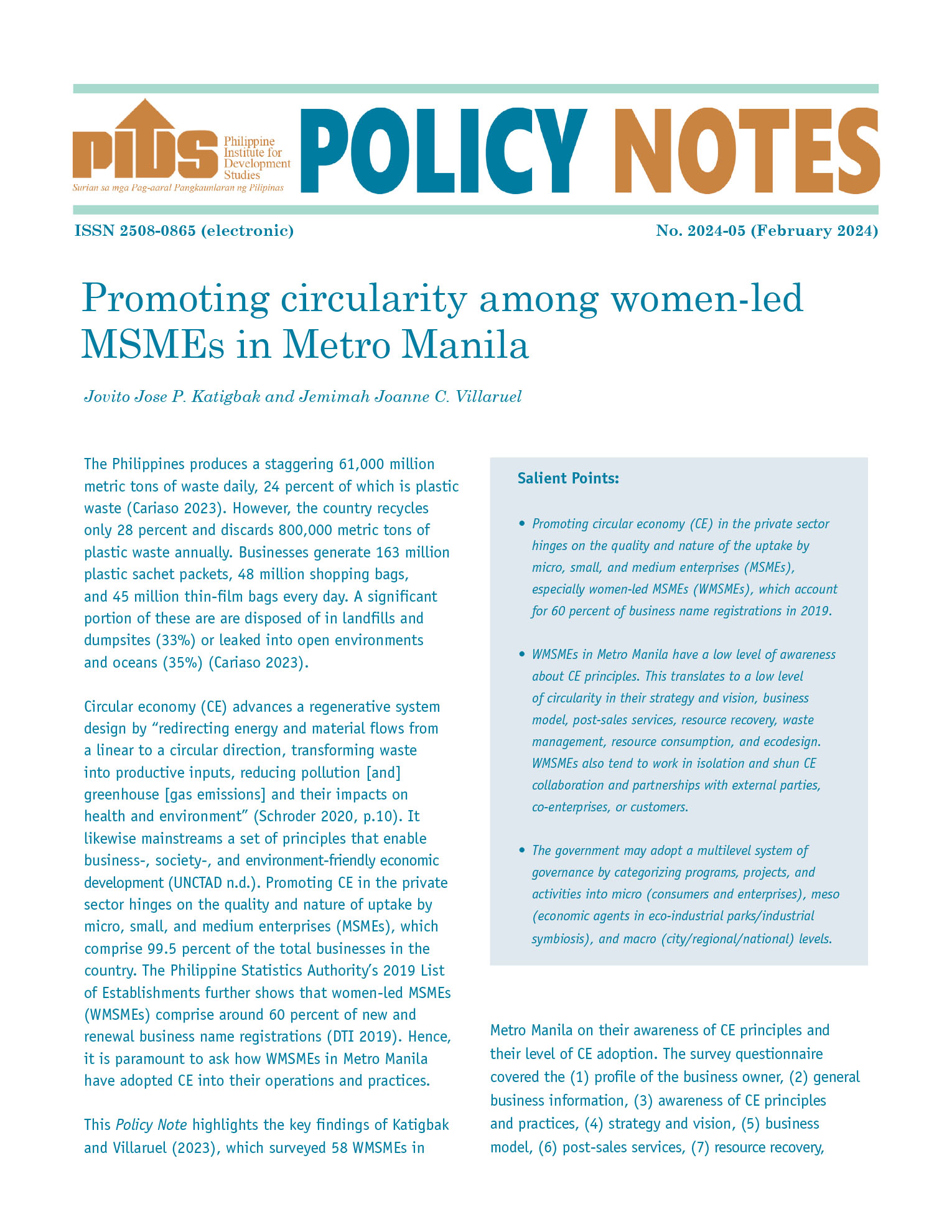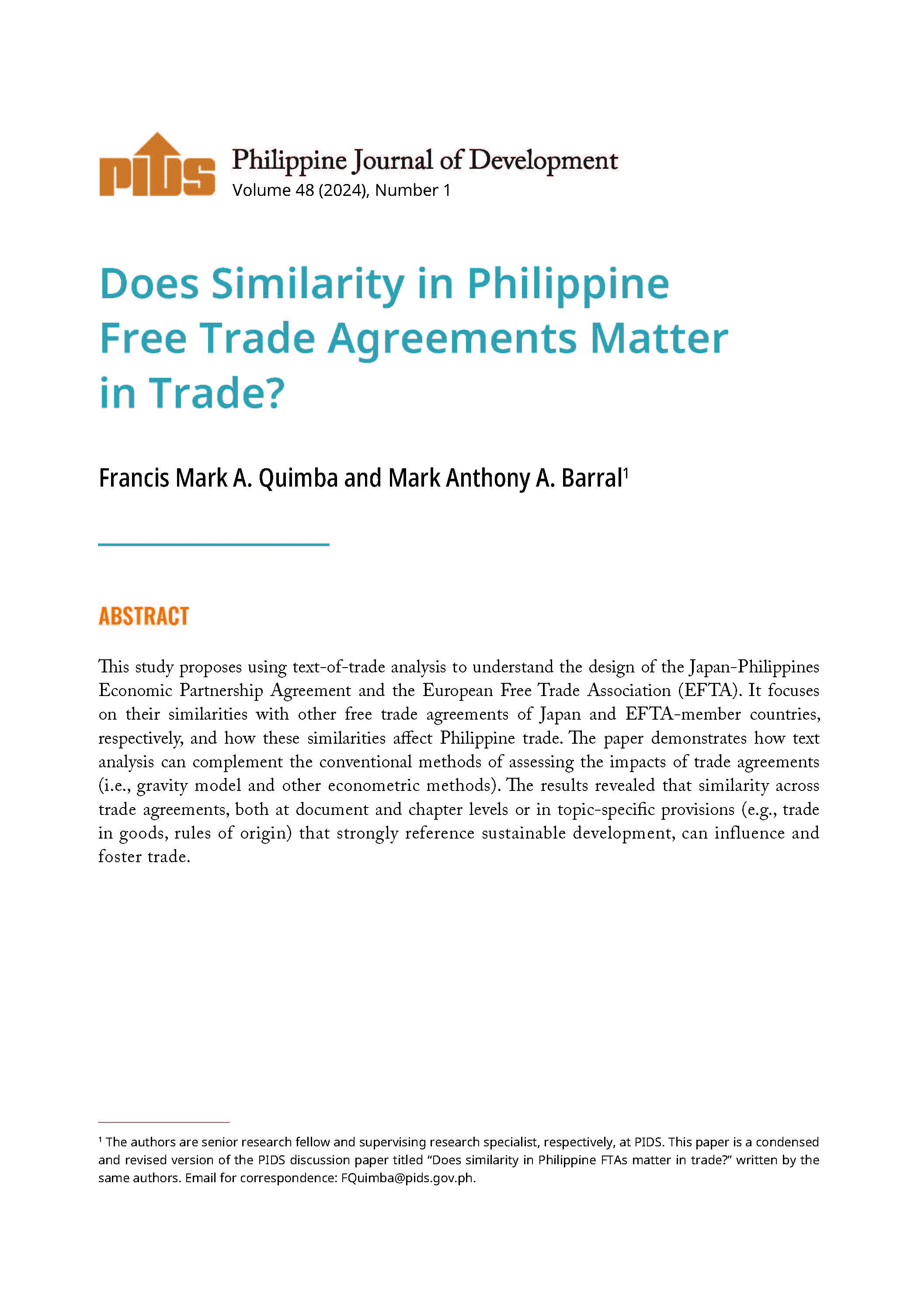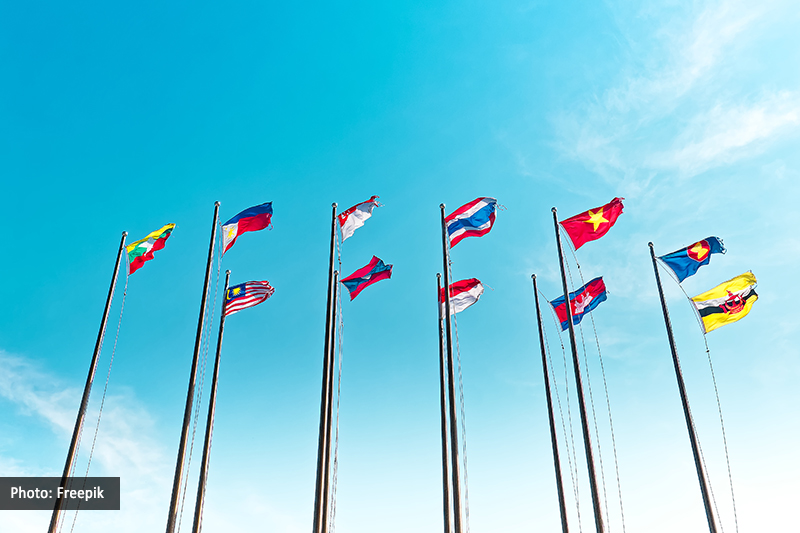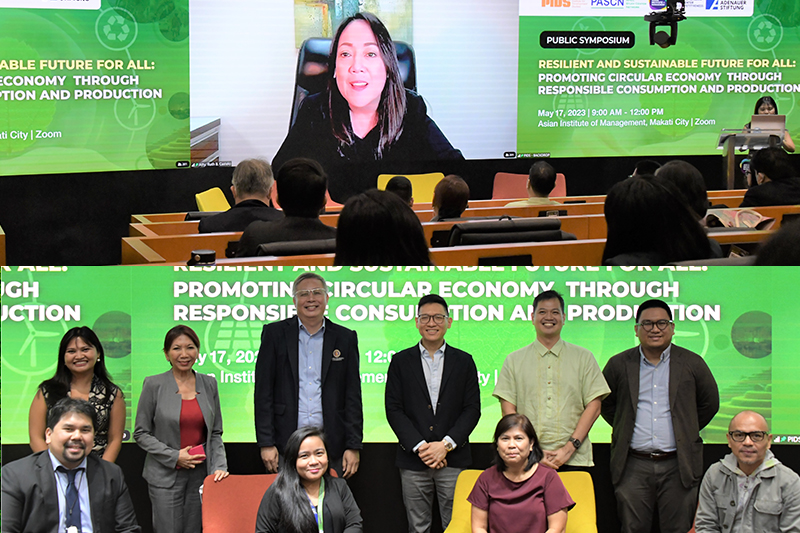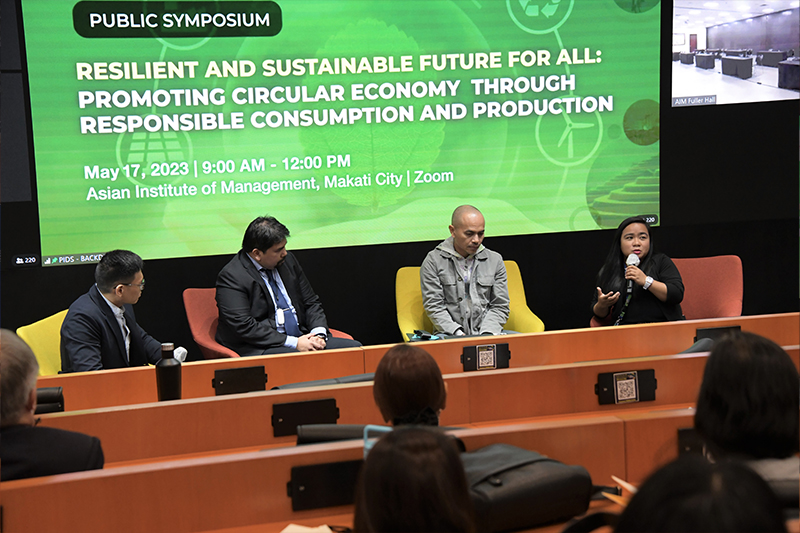JOINING the Regional Comprehensive Economic Partnership (RCEP) has been the goal of the government in achieving trade liberalization, which was a positive step, most especially to ensure food security, the International Monetary Fund (IMF) representative to the Philippines shared on Tuesday.
Speaking at an economic forum organized by The Manila Times, Resident Representative to the Philippines Ragnar Gudmundsson believed RCEP to be "a positive step."
"It is moving in the right direction, and the RCEP ratification will really have the Philippines achieve further regional trade integration, and that will yield the benefits for the country — I believe that," he stressed.
It also showed potential benefits to increase the country's agricultural productivity and state of export, according to studies conducted by the Philippine Institute of Development Studies.
"Some studies have been done by the Philippines Institute for Development Studies showing that, for instance, there is a strong potential for services export linked to ratification of the RCEP. There is also probably potential in terms of some of the agriculture exports, for specific commodities," Gudmundsson shared.
"And I think you know this would contribute to essentially creating a more open economy and facilitating further trade liberalization. And we know that for food security, this is an important issue," he added.
Gudmundsson emphasized economic investments for growth potential is important, but the government must be wary to ensure food security.
"Of course, it is very important to invest in the growth potential of the economy, but then the nearer term, ensuring that there is a food security by facilitating an access of cheaper imported food items is also very important, especially for urban consumers," he explained.


